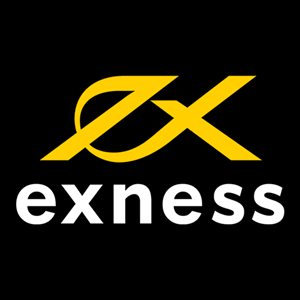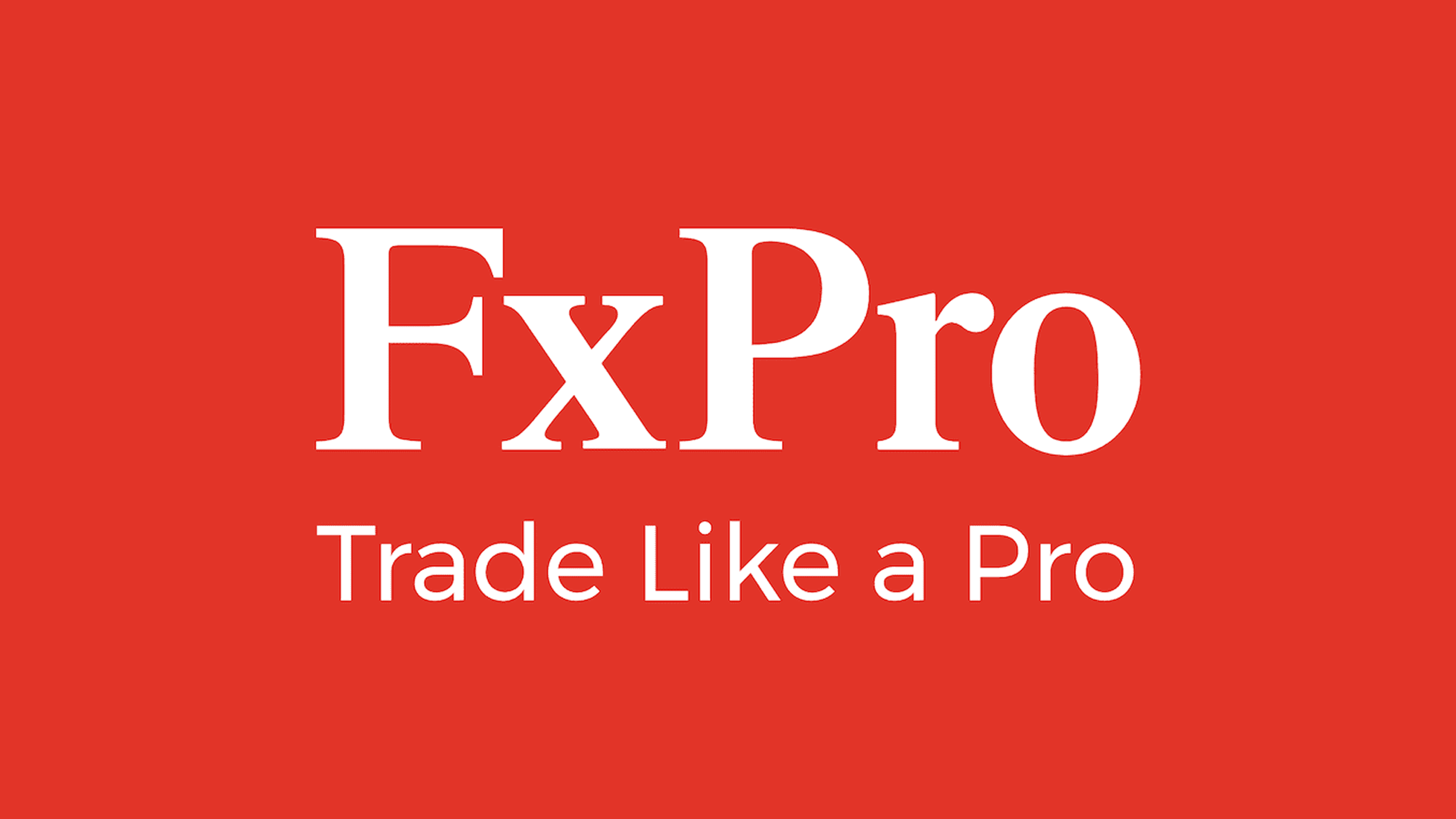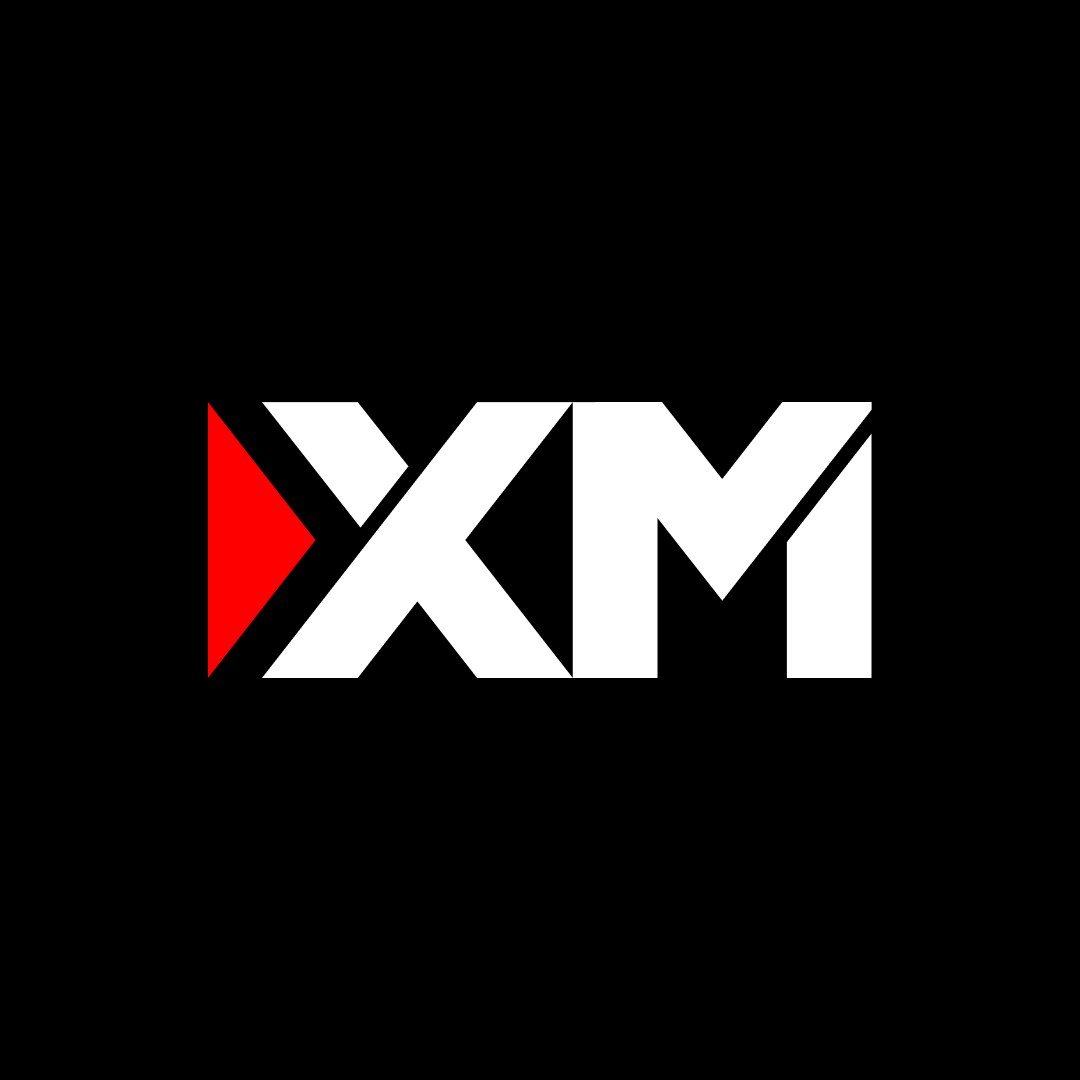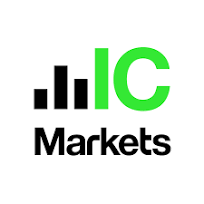Regulation is a critical factor in the Forex market, ensuring that brokers operate transparently and securely. Without proper regulation, brokers cannot legally onboard clients in specific countries, and the level of protection and visibility provided to traders can vary significantly depending on the regulator.
Best Forex Brokers By Regulation
The regulatory framework governing Forex brokers is crucial for maintaining a safe trading environment. Different regulatory bodies enforce varying standards that protect traders, ensure fair practices, and sustain market integrity. These regulations not only determine the legal status of a broker in a particular region but also directly impact the leverage that brokers can offer to their clients.
Key Regulatory Bodies and Their Influence on Leverage
American Regulators (CFTC and NFA)
U.S. regulations are among the strictest, with a maximum leverage of 50:1 for major currency pairs. Brokers under these regulators must meet high capital requirements and provide extensive client protection.
Financial Conduct Authority (FCA)
The UK’s FCA limits leverage to 30:1 for retail clients, emphasizing client protection through rigorous capital and reporting requirements.
European Regulators (ESMA and CySEC)
ESMA enforces leverage limits across the EU, capping it at 30:1 for retail traders. CySEC, as part of the EU regulatory framework, adheres to these limits while offering brokers a gateway to the broader European market.
Monetary Authority of Singapore (MAS)
MAS maintains strict leverage limits and requires brokers to meet high standards of transparency and capital adequacy, making Singapore a trusted hub for Forex trading in Asia.
Australian Securities and Investments Commission (ASIC)
ASIC’s regulations are well-regarded for balancing trader protection with operational flexibility, offering leverage up to 30:1 for retail clients.
Japanese Financial Services Agency (FSA)
Japan’s FSA imposes strict leverage limits, typically around 25:1, ensuring a highly regulated and secure trading environment.
Central Bank of Russia
While the Central Bank of Russia oversees the domestic Forex market, the leverage offered can vary, often being higher than in more regulated markets but with potentially less robust client protection.
Offshore Regulators
Brokers regulated by offshore authorities like those in Belize, the Seychelles, or Vanuatu can offer much higher leverage, sometimes up to 10000:1. However, these regulators often lack the stringent oversight seen in more established markets, which can increase the risks associated with trading.
Conclusion
When selecting a broker, it’s essential to consider both the regulatory environment and the leverage available, as these factors significantly impact your trading experience and risk management. For traders interested in brokers offering high leverage, please refer to the following High Leverage Brokers List. If you’re looking for brokers available in specific countries, please see our Country-Specific Broker List.
In summary, while the allure of higher leverage and lower trading costs might be strong, it’s crucial to prioritize the security and transparency provided by well-regulated brokers. Always choose a broker with a reputable license that aligns with your trading needs and regulatory requirements to ensure a safe and compliant trading experience.

 RoboForex
RoboForex Exness
Exness FxPro
FxPro Alfa-Forex
Alfa-Forex Libertex
Libertex FxGlory
FxGlory XM
XM IC Markets
IC Markets Forex.com
Forex.com AXITrader
AXITrader